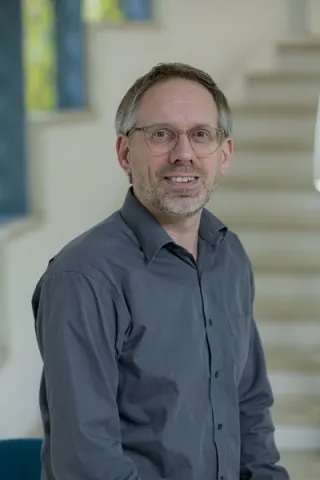About the project
A fully funded 3.5-year PhD studentship is available in the area of computational materials discovery, as part of a prestigious international Synergy grant funded by the European Research Council. The project, ‘Autonomous Discovery of Advanced Materials’, aims to revolutionise the way that new materials are discovered by combining computational simulations, robotics and materials synthesis.
As part of this studentship, you will:
- develop methods for analysing the results of crystal structure prediction studies
- apply unsupervised machine learning to investigate structural families that occur across the landscapes of related molecules
- apply supervised methods for predicting properties of predicted crystal structures
Computational methods are developing rapidly in this area and you will join an internationally-leading group in the development and use of crystal structure prediction (CSP) methods. You will develop methods and also be involved in collaborations with lab-based materials discovery, where the computational results are used to guide robots to perform large-scale experiments.
The project is based in the Computational materials discovery research group led by Professor Graeme Day in the School of Chemistry at the University of Southampton, who have pioneered the use of CSP for the discovery of functional molecular materials.
You will be part of a multi-disciplinary team which includes collaborators at the University of Liverpool and Rostock University. Through these collaborations, you will interact with other computational chemists, synthetic chemists and engineers developing the use of robots in the materials chemistry laboratory.
